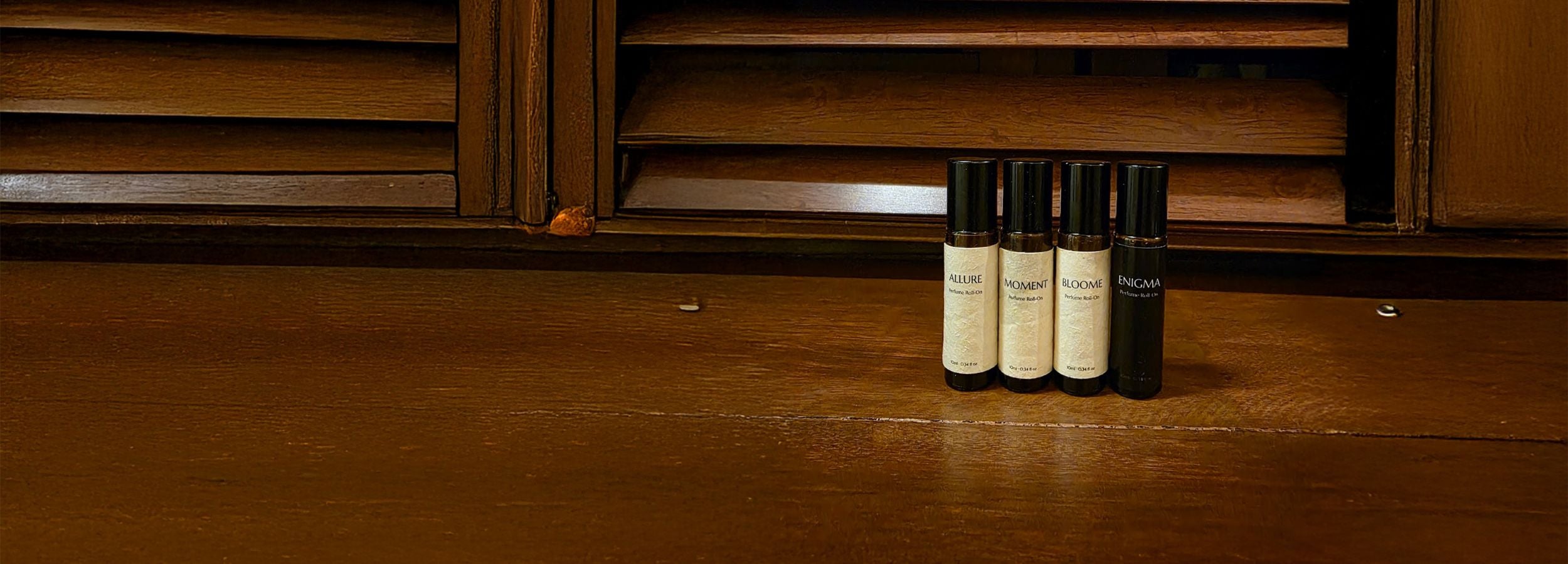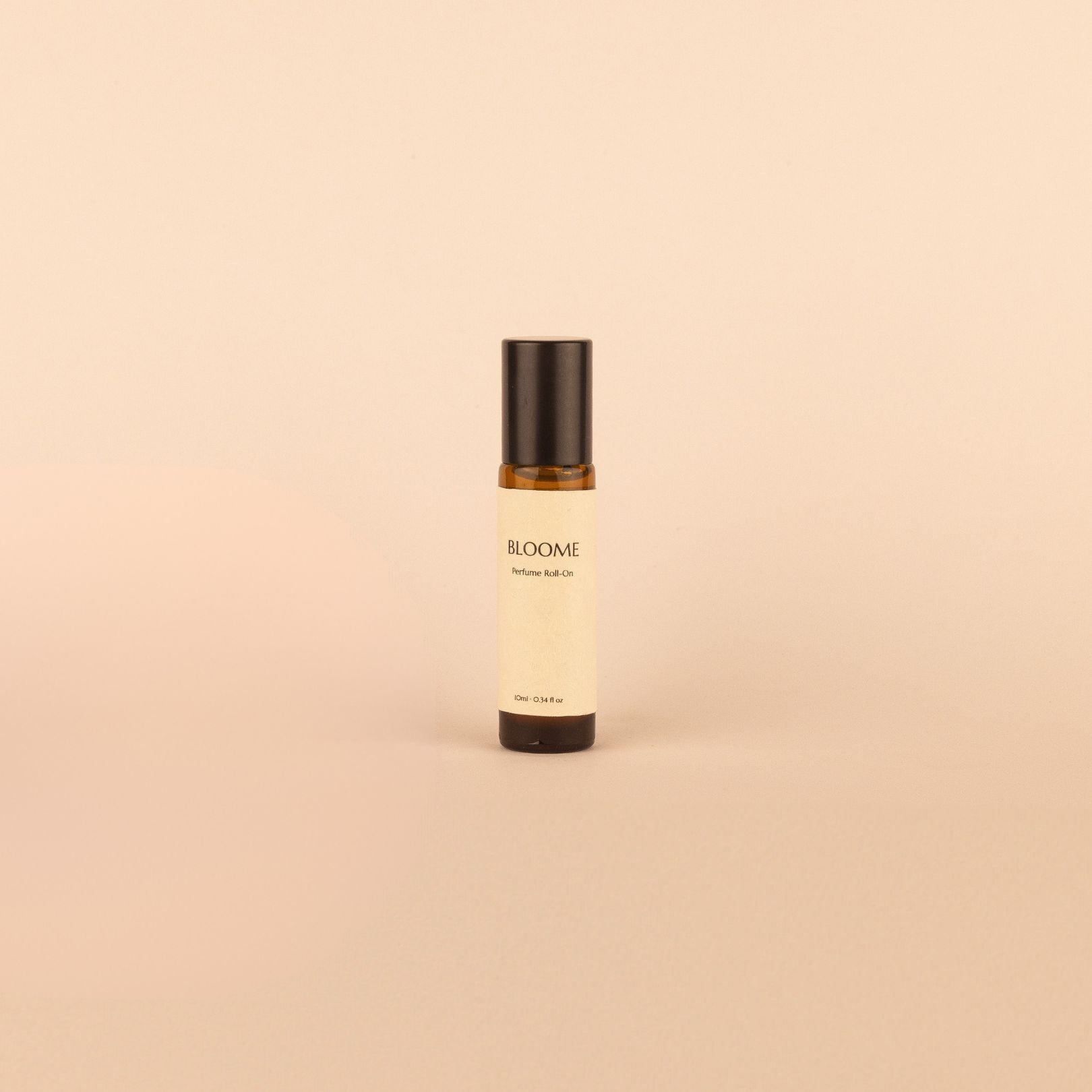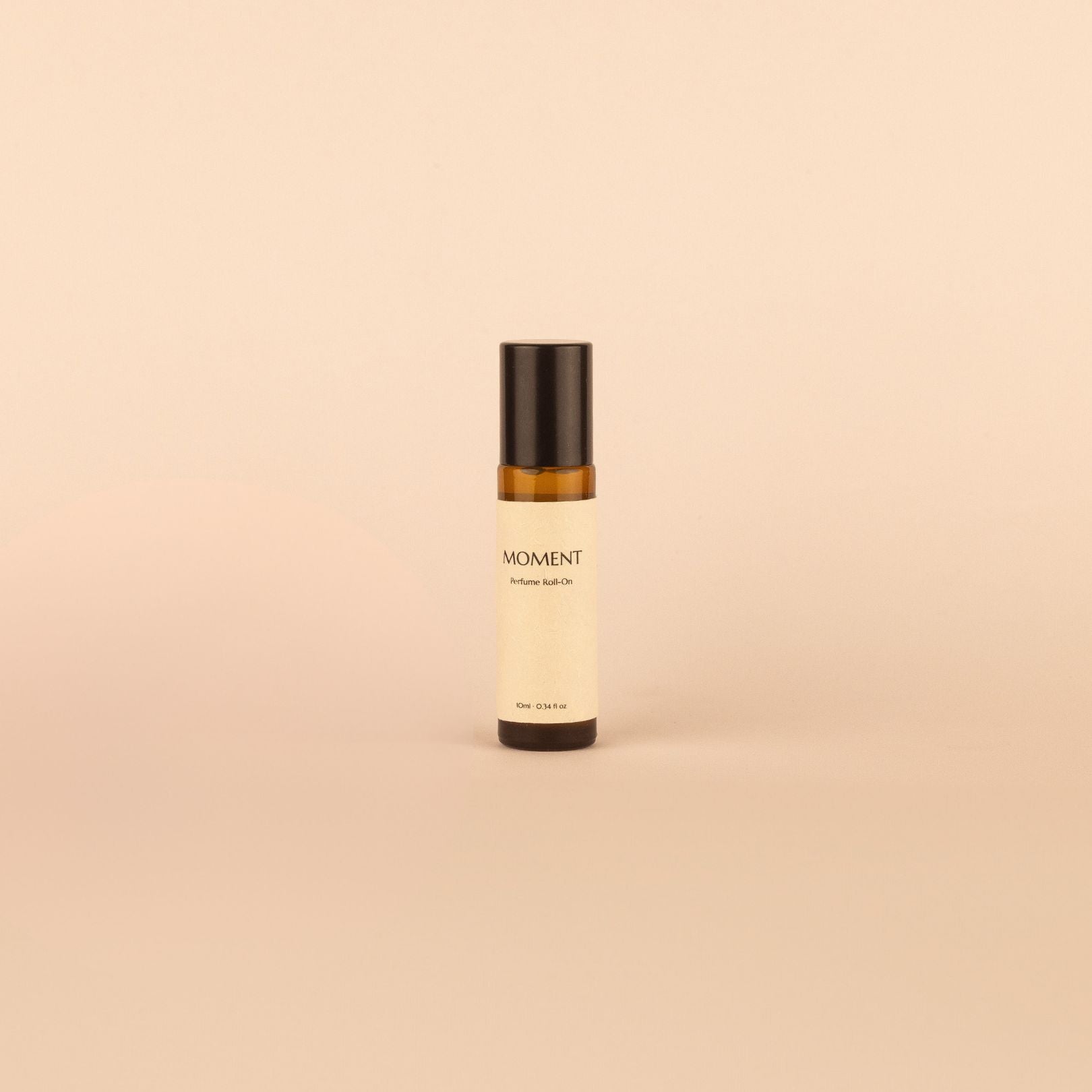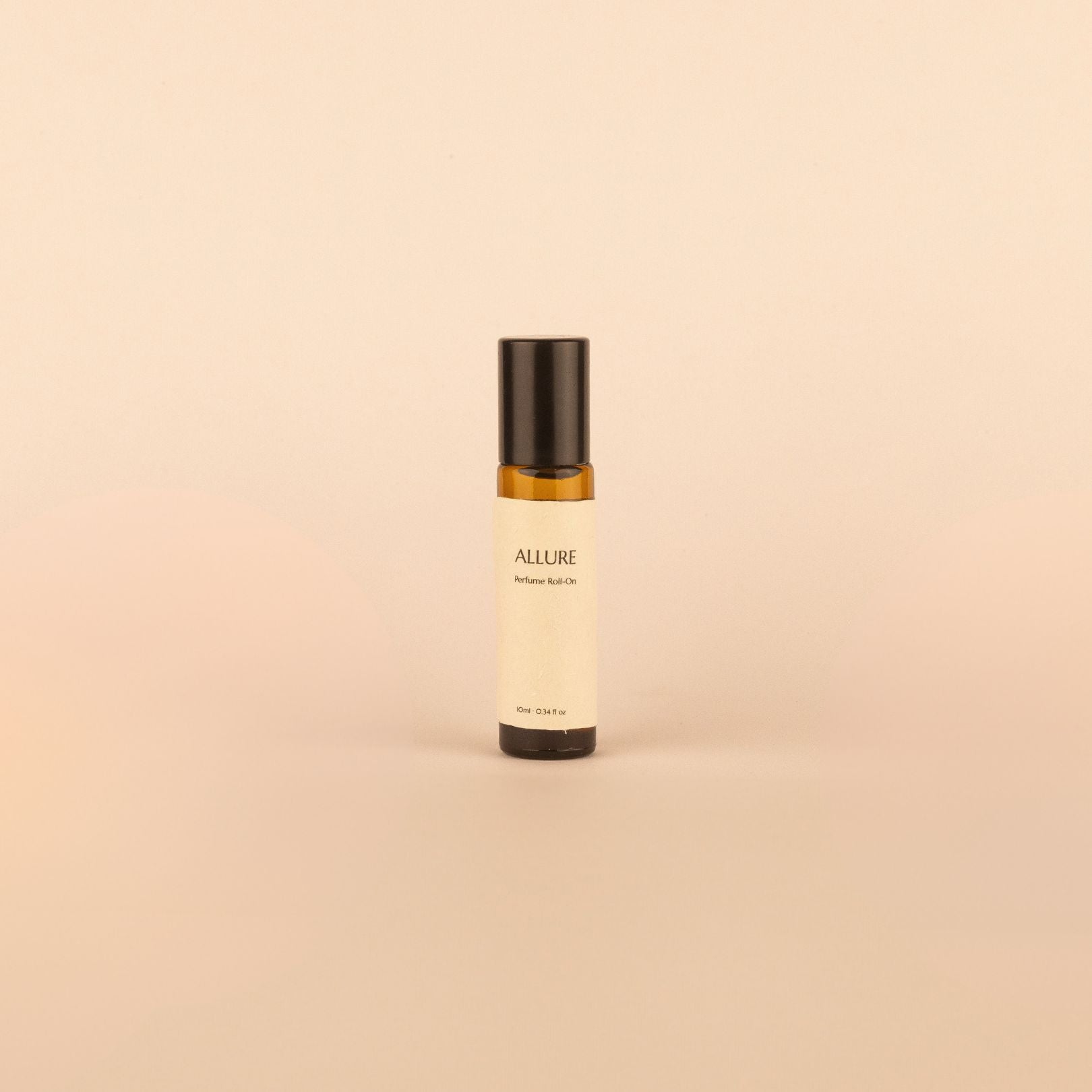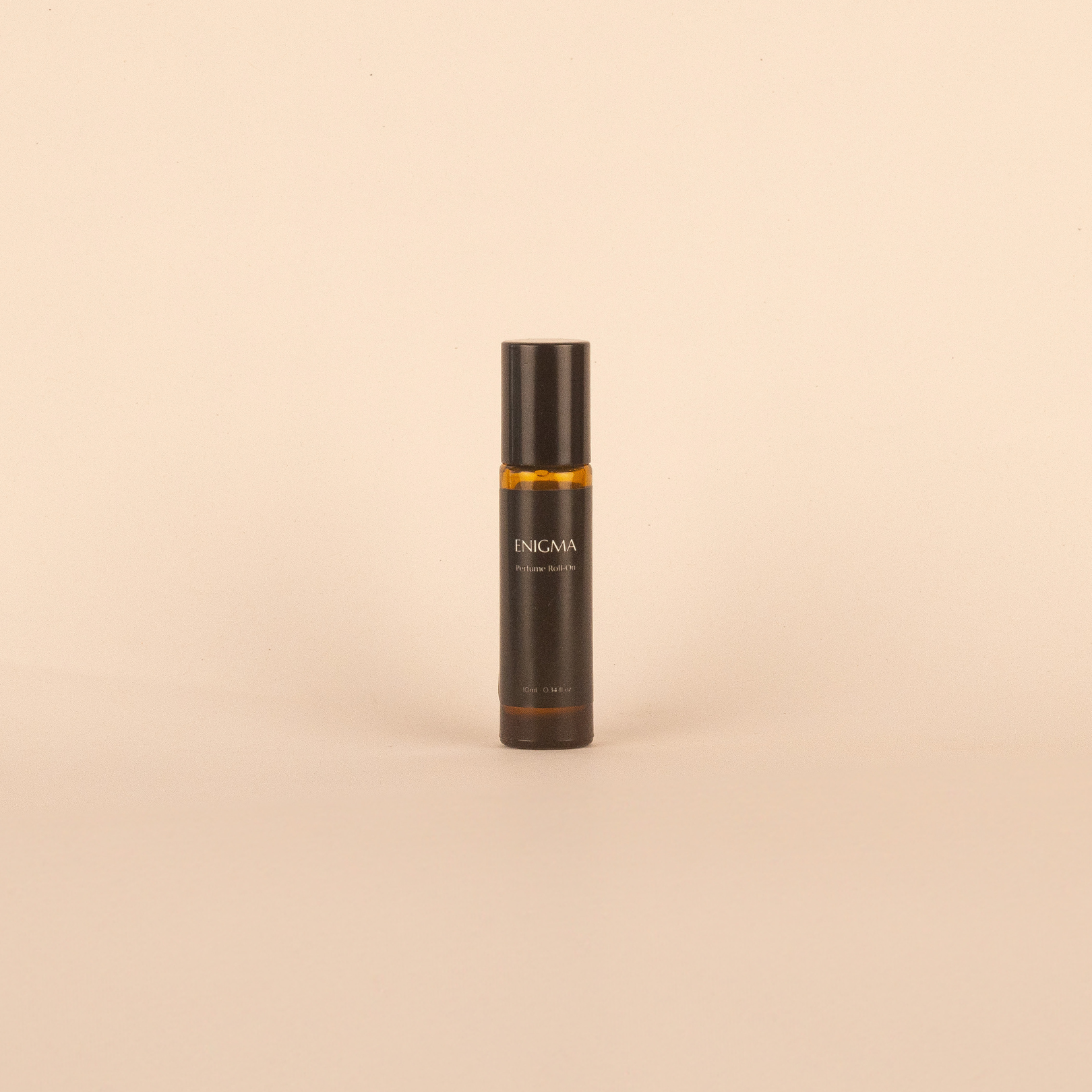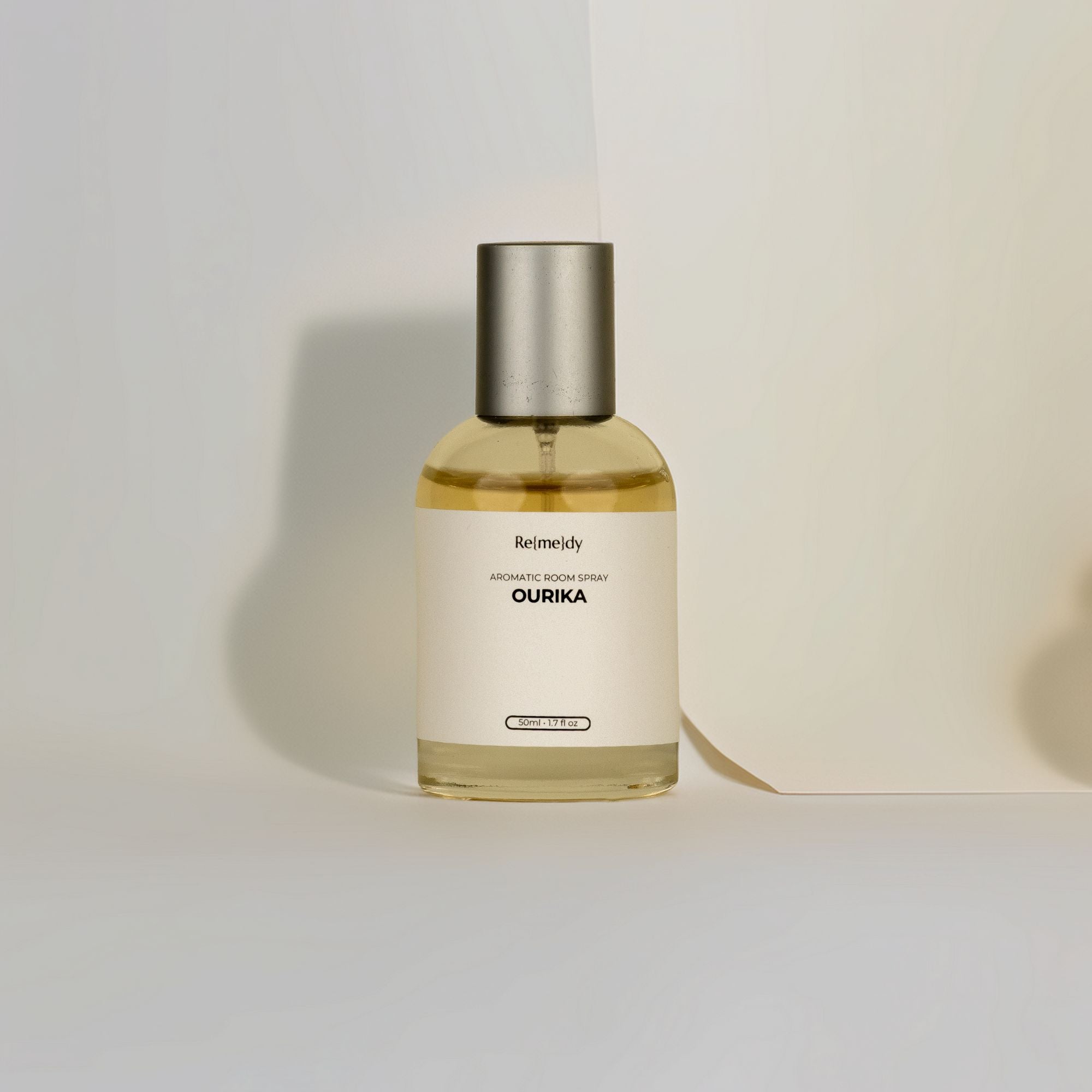Filters
In a world of synthetics, wearing natural fragrance is like choosing poetry over advertising.
ANONYMOUS
NATURAL PERFUMERY
Frequently Asked Questions
Natural perfumery is the art of creating fragrance using only ingredients sourced from nature—like essential oils, absolutes, resins, and botanical extracts. Unlike conventional perfumes that often rely on synthetic aroma chemicals, natural perfumes are free from artificial fragrances, phthalates, and petrochemicals.
In our view, natural perfumes are far more meaningful than synthetic ones. They’re crafted from real plant-based ingredients - Better for You, Better for our Planet, and often Better for your emotional well-being. They are :-
- Gentler on the skin and senses, free from synthetic chemicals that may trigger allergies, headaches, or sensitivities.
- Kinder to the Earth, made from biodegradable, sustainably sourced materials, not petrochemicals.
- Emotionally supportive, thanks to the aromatherapeutic properties of essential oils, which can uplift, calm, or centre you (something synthetic perfumes simply can’t offer.)
Our perfumes are made entirely from natural ingredients like essential oils, botanical extracts, and resins. Unlike synthetic perfumes, we don’t use artificial fixatives or aroma chemicals designed to make a scent overpowering or ultra-long-lasting.
Natural perfumes tend to be softer, more intimate, and evolve gently on the skin. They don’t shout, they whisper. While they may not last as long as synthetic fragrances, they offer a more personal, emotionally resonant experiencethat synthetic scents simply can’t replicate.
That is also the reason why we often offer our Perfumes as a roll-on so you can easily carry around and reapply as needed.
Our perfumes are made with natural essential oils diluted in safe, skin-friendly bases, which makes them generally safe to wear around pets in normal daily use. Because the essential oils are highly diluted, the risk to your pet is very low (as you are applying only very small amounts onto your skin).
That said, some animals (especially cats and small pets) can be sensitive to strong scents, even natural ones. We recommend:
- Avoiding direct contact with your pet immediately after application
- Not applying perfume on your pet or their bedding
- Using in well-ventilated spaces
When used mindfully, natural perfumes are a gentle choice for both you and your furry companions.
Our perfumes are made with natural essential oils, and while they are generally gentle and diluted for topical use, some essential oils are not recommended during pregnancy, especially in the first trimester.
So we do not recommend pregnant women to use Natural Perfumes as a general rule.
However if you are pregnant and choose to use essential oils, here are the oils to definitely avoid during pregnancy -
- Clary Sage
- Cinnamon
- Thyme
- Peppermint
- Wintergreen
- Basil
- Oregano
- Rosemary
- Fennel
- Juniper
- Sage
It is safe to use rinse-off products with essential oil blends as they are highly diluted, but try to stay away from stay-on products using essential oil blends.
You can also consult your doctor before using any essential oil products.
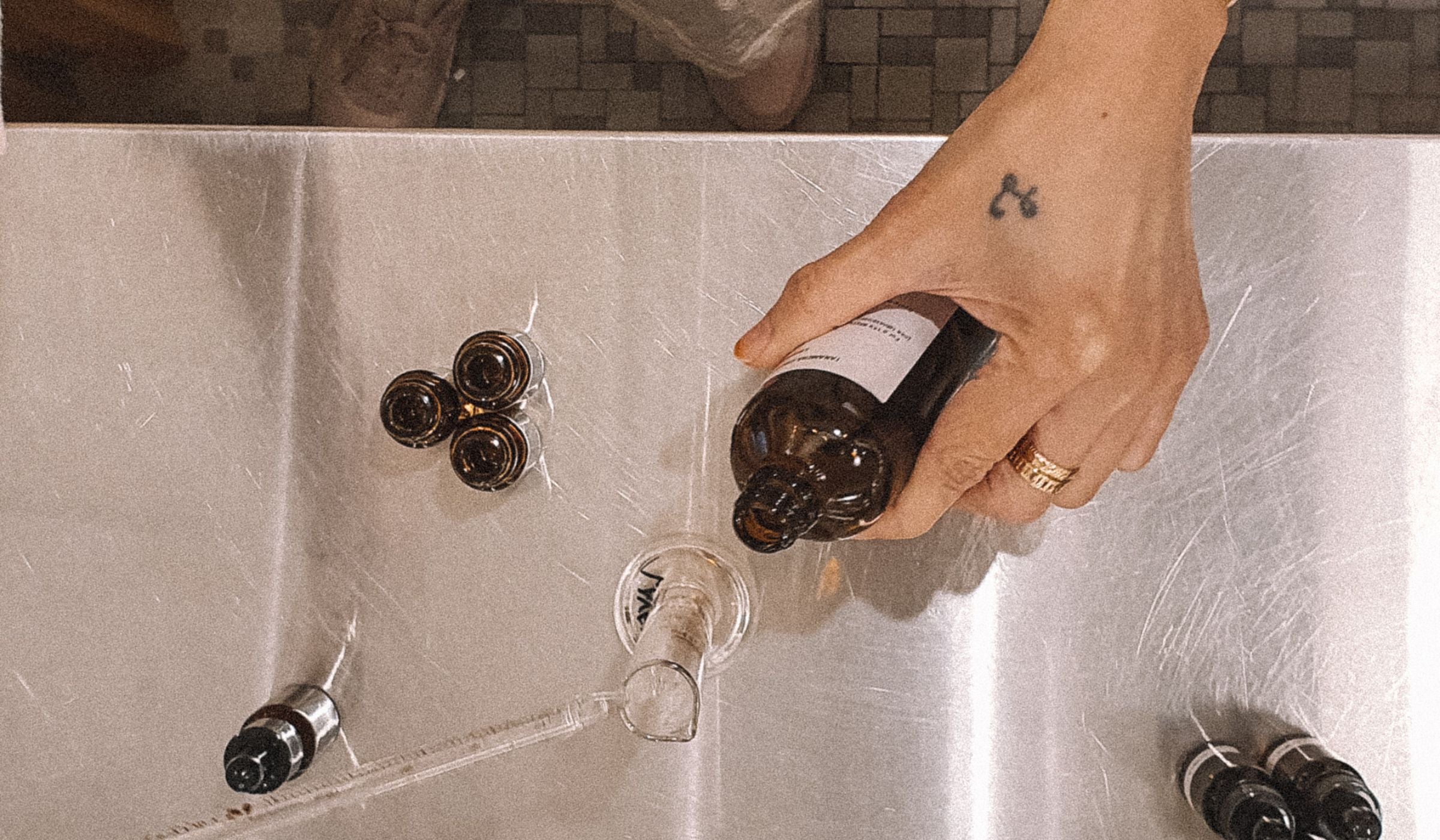
WHY DID WE START MAKING SCENTS?
It started with a simple need: we wanted natural wash products without synthetic fragrance—something 99% of local products still use. So we began crafting our own, using essential oils instead.
Along the way, we discovered the aromatherapeutic wonders of these oils. They didn’t just smell good—they were better for us. With the founder and his wife’s fussy noses and slightly obsessive standards, we kept refining our blends, and are now sourcing exotic oils not found in Malaysia to continue our pursuit of better scents.aromatherapy training and is now a certified aromatherapist and helps us occasionally with blend creation.
HISTORY of natural aromatics
AROMATHERAPEUTIC JOURNEY
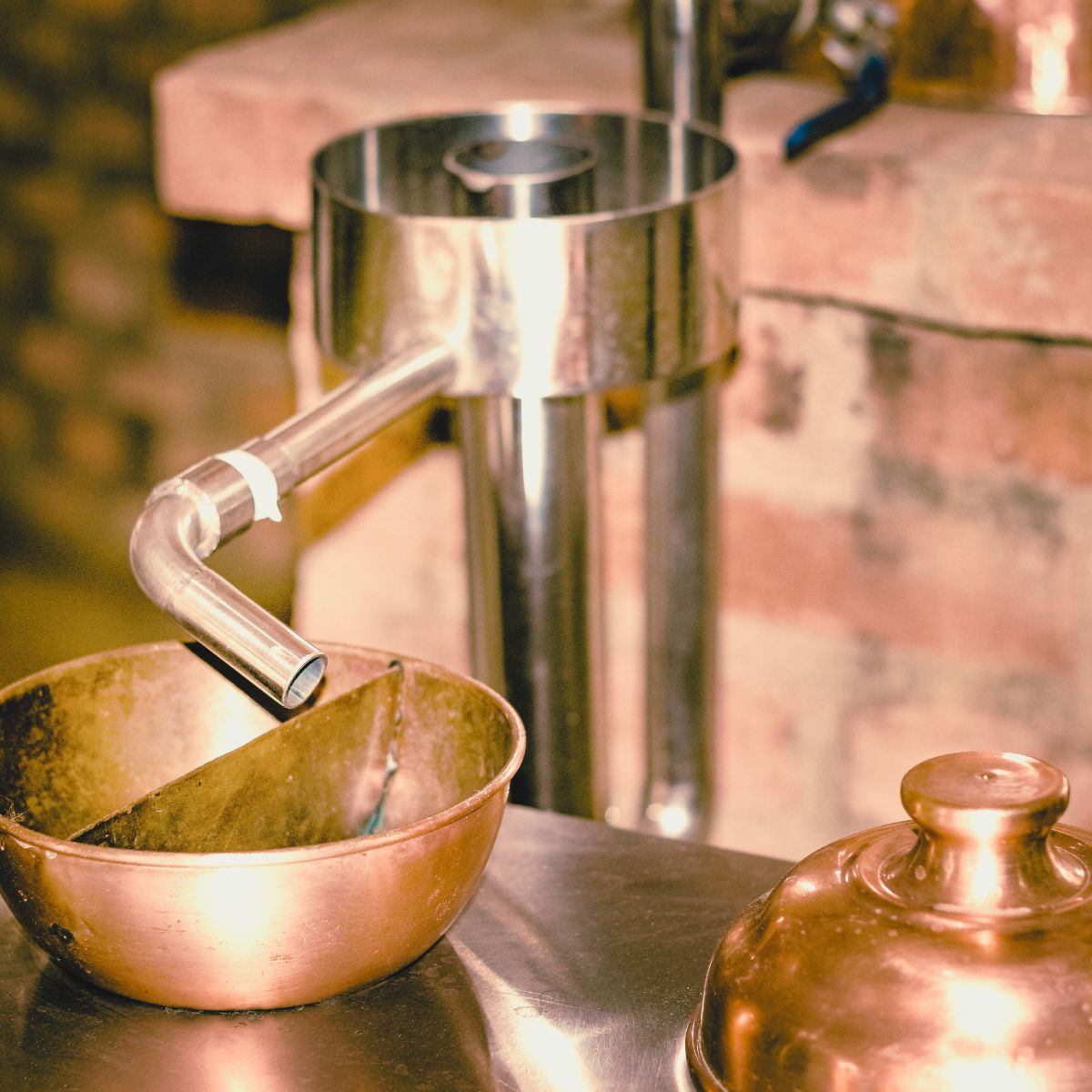
Discovery of Distillation
Persian scientist Avicenna developed steam distillation, allowing the extraction of pure essential oils
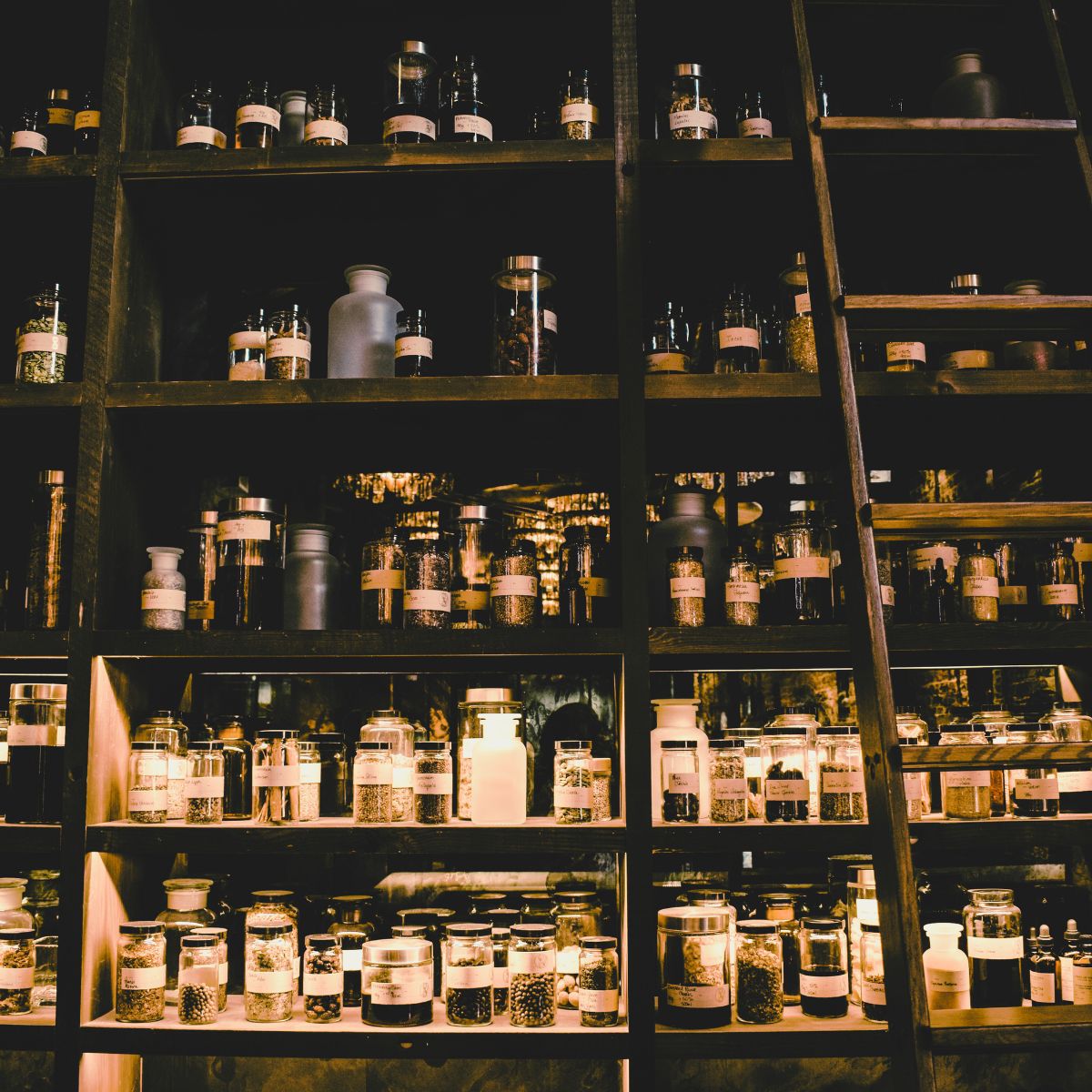
Birth of Aromatherapy
René-Maurice Gattefossé, a French chemist, coined aromathérapie after successfully using lavender oil to heal a burn. He published a book in 1937 exploring the medicinal use of essential oils.
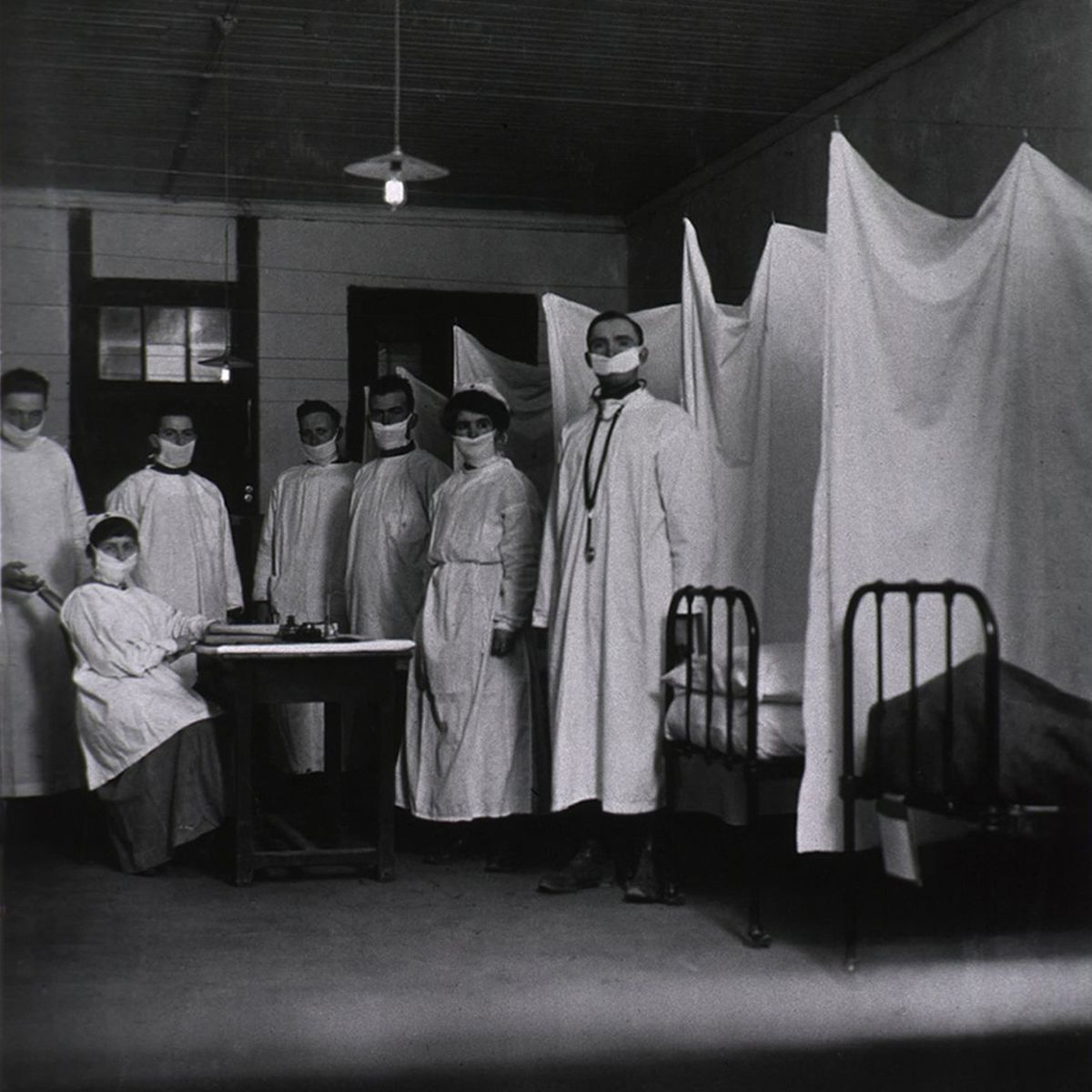
Aromatherapy in Clinical Use
Dr. Jean Valnet, a French military doctor, used essential oils to treat wounds and infections and aromatherapy is introduced into mainstream medical discussions in Europe.
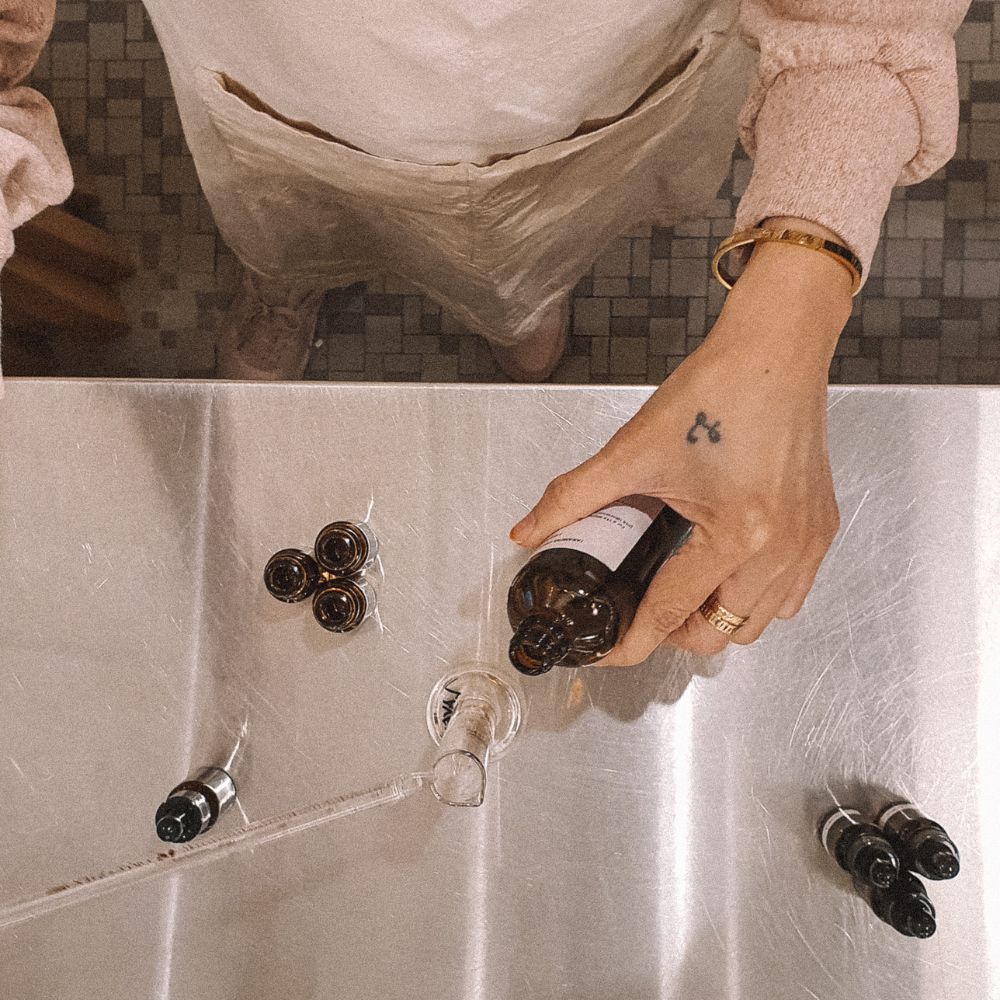
Growing Scientific Validation
Studies validated oils like lavender and peppermint had measurable effects on anxiety, sleep, and digestion.
Essential oils gained use in hospitals for stress and pain management (e.g., lavender for pre-surgery anxiety).
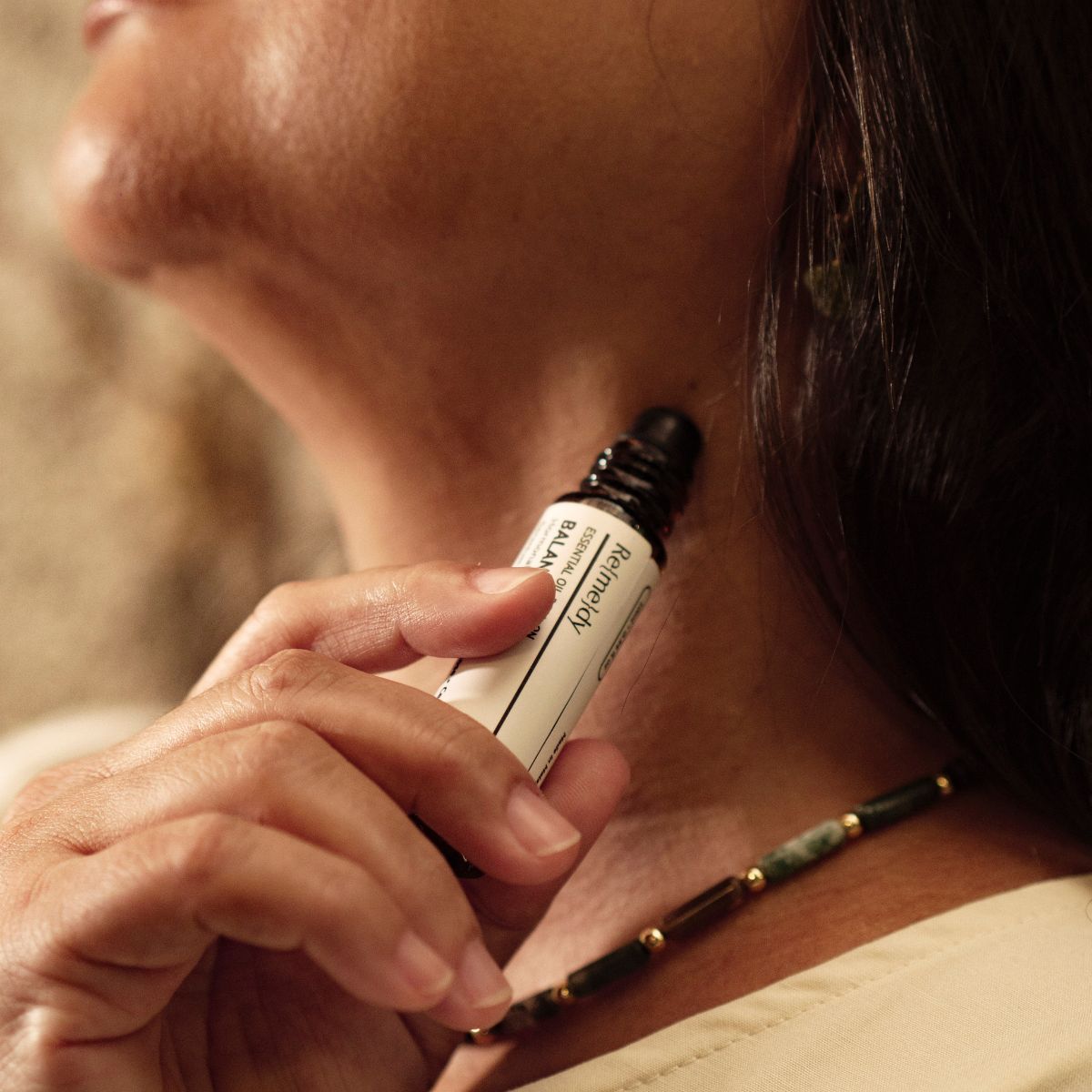
Clinical Research & Integration
Peer-reviewed studies continue to confirm benefits of oils like Lavender, Peppermint, Tea Tree.
Aromatherapy is now officially integrated in wellness clinics, palliative care, and mental health support.

